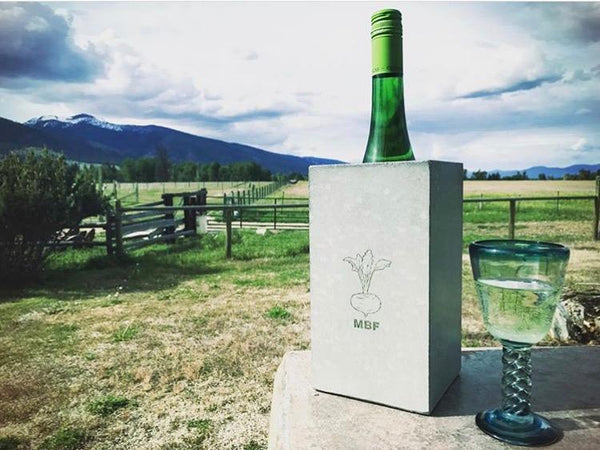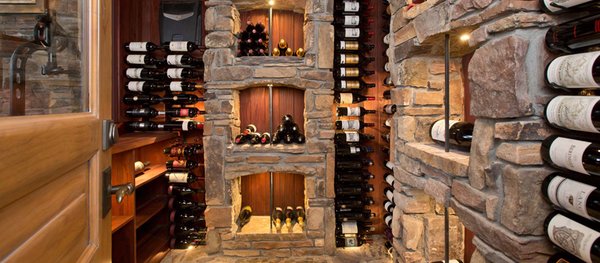Buying Wine in a Chain Store: 4 Things to Think About

Buying wine at Target is a fairly recent phenomenon. Chances are, the novelty of tucking a bottle of your favorite cheap red into your cart, alongside your new mop, a couple of picture frames and a ten-pack of underwear hasn’t worn off.
As cited in the Napa Valley Register, Robert Trone of Total Wines & More says that “three of the top four wine sellers in the U.S. are now general-purpose food or retail companies . . . Costco moves the most wine by dollar value, a projected $980 million this year . . .” Admittedly, it’s pretty cool that you can make one less stop on your errand route and still arrive at the homestead with decent wine to go with the evening meal. Is it worth it in the long run? That’s for you to decide, but here are a few things to consider:
1) Variety. Are you a wine-drinker who values variety? Or do you prefer to stick to what you know? Next time you are at one of these chain stores, take a look at what the wine offerings are. Do they offer a handful of familiar brands and varietals or do they offer a mix of wines that meet your comfort zone and wines that entice you to explore? Some would argue that chain stores open the market to novelty wines and wines from a greater variety of geographic regions. Is that your experience?
2) Locality. What about local or regional wines? Do you notice if there are wines offered from local wine makers or from the nearest wine appellations? What is the value of local wine anyway? Some would argue that there are two primary benefits of buying more local wine: you support your local economy and you reduce your carbon footprint.
3) Insight. Does your chain store of choice have a resident wine expert? What if you get a wild hare and want something just a little different? When you are staring at the rows of bottles and you are enticed by one label—but have no idea what a Bonarda is—would you like someone to tell you? It could be your new favorite wine, but you aren’t going to risk spending the money on something you will end up cooking with.
4) Economy. Chances are, the chain store is going to give you decent wine at an even better price, and yes, you are spending less on gas money driving to yet another store just to buy wine (this also could reduce your carbon footprint). But what is this low price ultimately doing to the wine makers and small specialty wine stores? Many would argue that they have experienced a decline in sales as a result of the added retail venues for wine. If that is the case, we find ourselves back at the beginning: if wine makers and specialty stores are losing business, will we ultimately lose variety/choices and pay the price later on down the road with an even weaker economy, dominated by the few?
Leave a comment
Comments will be approved before showing up.
Also in News



